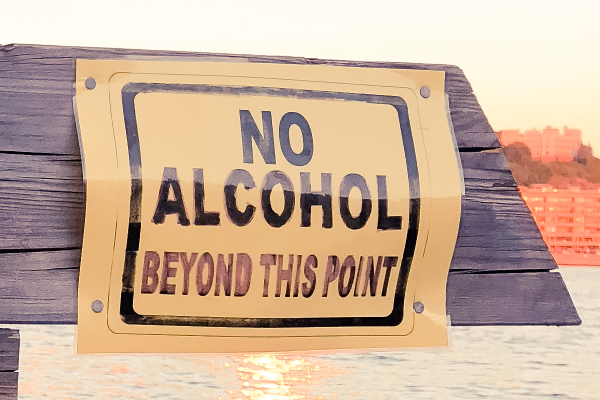New York joins a wave of states that will no longer include questions about mental health on its bar application, removing a significant obstacle to valuable treatment, following a resolution introduced to the Conference of Chief Justices by Massachusetts Supreme Judicial Court Chief Justice Gants.
New York has joined a trend among states to follow the long-standing leadership of Massachusetts and other states that exclude questions about mental health in the character and fitness review for bar admission. Unfortunately but unsurprisingly, lawyers routinely prioritize the license to practice law over their personal well-being. A 2014 study found 45% of law students were discouraged from seeking mental health treatment fearing it would jeopardize bar admission.
With long-standing histories of excluding questions about mental health actions in character and fitness reviews, states like Massachusetts reduce barriers to seeking treatment and reflect the reality that mental health requires care and often professional treatment — particularly in challenging conditions like those in the legal profession. Amid growing awareness about the well-being crisis in the legal profession, states that have been slow to remove their problematic bar application questions have been under pressure to fix them. The National Conference of Bar Examiners revised its standard bar application language to follow the Louisiana consent decree.
Following increased national pressure and the NYSBA Working Group’s finding that the questions violate the ADA, New York became the 11th state to remove mental health questions from its bar application, as reported by CNN. National attention began growing in 2014, when the DOJ investigated problematic questions on Louisiana’s bar application, issuing a consent decree requiring their removal. In 2015, the ABA House of Delegates passed a resolution encouraging all states that hadn’t yet to comply with the Louisiana consent decree.
Pressure on bar admission authorities had increased in 2019 following Massachusetts Supreme Judicial Court Chief Justice Ralph Gants’ introduction of a resolution to the Conference of Chief Justices — which passed — specifically to address the breadth of character and fitness questions. Find more on the progress of national efforts in this ABA feature article from David Jaffee and Janet Stearns. The 2019 CCJ resolution provides:
NOW, THEREFORE, BE IT RESOLVED that the Conference of Chief Justices urges its members and state and territorial bar admission authorities to eliminate from applications required for admission to the bar any questions that ask about mental health history, diagnoses, or treatment and instead use questions that focus solely on conduct or behavior that impairs an applicant’s current ability to practice law in a competent, ethical, and professional manner;
BE IT FURTHER RESOLVED that reasonable inquiries concerning an applicant’s mental health history are only appropriate if the applicant has engaged in conduct or behavior and a mental health condition has been offered or shown to be an explanation for such conduct or behavior.”
Also in 2019, a review of Bar Exam Character and Fitness Questions for all 50 states and DC was published by the Bazelon Center for Mental Health Law. Find more here on the questions each state includes on its bar application in the following categories: Mental Health / Substance Use Provisions; School, Criminal History, and Other Disciplinary Provisions; and Financial Provisions.
You can review the Character and Fitness Standards for Admission to practice in Massachusetts here. You can also find answers to FAQ on Character and Fitness Evaluation in Massachusetts here.
Unfortunately, attorneys already admitted to practice also frequently hesitate to seek mental health treatment. Working to overcome the stigmatization of seeking treatment, the Florida Bar Association’s Young Lawyers Division recently produced #StigmaFreeYLD — a video campaign featuring five successful lawyers sharing the different stories of their struggles and paths to take action and get help.
Law students in Massachusetts can find answers to a wide range of concerns about seeking Free & Confidential mental health treatment at LCL in our FAQ for Law Students.
Lawyers, law students, and judges in Massachusetts can book a Free & Confidential consultation with one of our clinicians. Find more on scheduling here.




